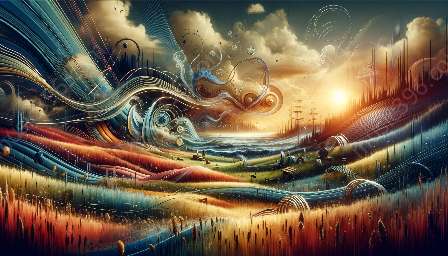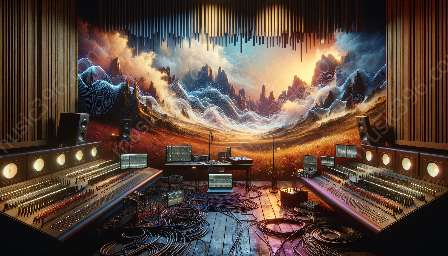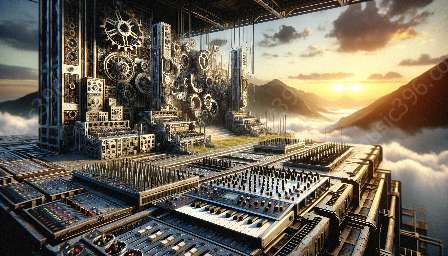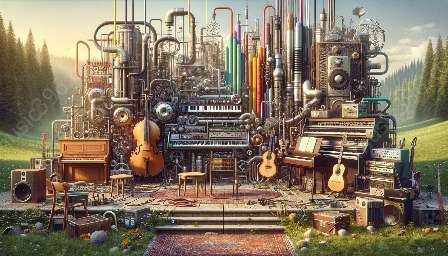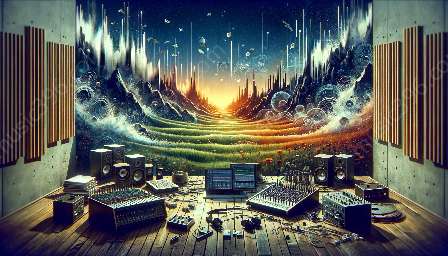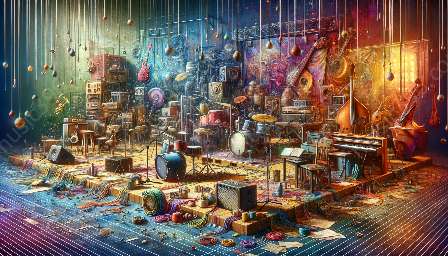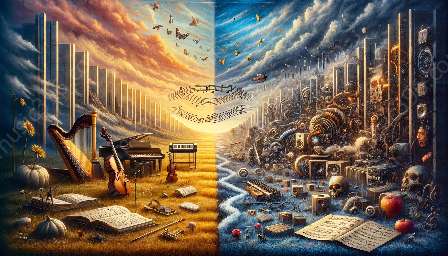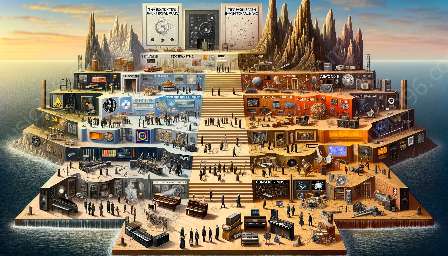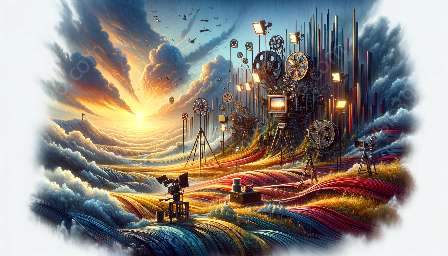Experimental music has had a profound impact on the evolution of intellectual property law, challenging traditional notions of ownership and copyright. This topic cluster explores the interplay between intellectual property rights in experimental music and the rich landscape of experimental and industrial music.
Understanding Experimental Music
Experimental music is a genre that pushes the boundaries of traditional musical composition and performance. It often incorporates unconventional sounds, innovative techniques, and non-traditional instruments to create avant-garde, boundary-pushing sonic experiences.
The Evolution of Intellectual Property Law
Intellectual property law, which includes copyright, patents, and trademarks, regulates the use and ownership of creative and innovative works. Over the years, intellectual property law has undergone significant evolution to adapt to the changing landscape of artistic expression, including experimental music.
Intellectual Properties and Rights in Experimental Music
As experimental music blurs the lines of conventional musical expression, it raises unique challenges and opportunities in the realm of intellectual property. Artists in experimental music often grapple with questions of copyright, fair use, and derivative works. The dynamic and unconventional nature of experimental music requires careful consideration of intellectual property rights to ensure artists are appropriately recognized and compensated for their work.
The Interplay Between Experimental Music and Intellectual Property Law
Experimental music's impact on intellectual property law has spurred debates and discussions on issues such as sampling, improvisation, and the use of found sounds. The fluid nature of experimental music presents challenges for copyright enforcement and protection, leading to the reconsideration of established legal frameworks.
The Rise of Industrial Music
Industrial music, a subgenre of experimental music, emerged as a movement that incorporated elements of noise, industrial sounds, and electronic music. This genre further complicates the intersection of intellectual property and artistic expression, as it often challenges traditional notions of musical composition and performance, leading to innovative legal interpretations.
Conclusion
Experimental and industrial music continue to shape the evolution of intellectual property law, inspiring new legal frameworks and discussions around artistic expression and ownership. Understanding the interplay between experimental music and intellectual property rights is crucial in navigating the complex and dynamic landscape of creative innovation.








